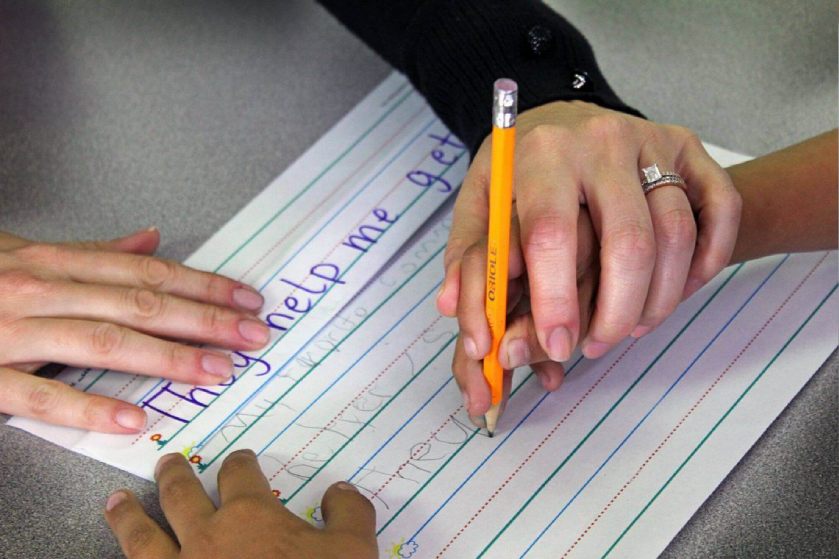Offering Individualized
Educational Programs For K-12 Students
ENORMOUS EMPATHY: Coping with Autism Compared to Combat
By Anthony KaDarrell Thigpen
E-mail: Anthony_Thigpen@aol.com
AUTISM ACADEMY – As a school for children with autism, we find it important to share all stories to help others empathize with our children. Whatever your story is, it’s important to find some similarities to show compassion and understanding toward children with autism or people who are different. In today’s blog, we want to help you understand empathy for children with autism and others who have struggled throughout life.
Wars are fought on and off the battlefield, especially in the mind.
Recently, I realized that my combat experiences helped me to empathize when writing for children with autism.
As a 21-year-old combat infantry soldier fighting on the frontlines in Iraq, I experienced intense fear, oversensitivity, and overwhelming emotions.
Wrestling with the tormenting reality of killing or being killed.
Coping to the loud sounds of constant aerial bombing and artillery that caused the earth to repeatedly shake beneath our feet.
Aimlessly shooting my M16A2 rifle at the enemy, eager to deny any sense of accountability – killing someone else’s son doesn’t feel heroic on the battlefield.
Proud to conquer for my country – ashamed of the inhumane conditions of combat – nobody wins in war.
Burning bodies, wounded warriors, and indescribable smells and images ambushing the corners of my mind, transforming me into a prisoner seized in Iraq when I rock myself to sleep.
Some scars sink silently into the soul.
Combat is too intense to process, with or without professional help.
Truth is, most people only empathize when they’re snatched outside their own comfort zone.
As a result, I shut down and pretend publically like these experiences never happened.
I seldom make mention of Iraq or Kuwait.
Even writing these words cost me agony, tears, and uncontrollable oversensitivity – my insides are trembling and most of what I feel I’m unable to articulate.
It’s frustrating.
My silence is not because the war in the Middle East had little impact, but quite the opposite.
Countless soldiers continue to pay for the liberation of Kuwait to this day – freedom is not free.
After combat, it’s difficult to articulate the kind of intense empathy born on the battlefield.
This is why I empathized with children who are diagnosed with Autism Spectrum Disorder (ASD).
People with autism are often stereotyped as distant, loners, or robotic.
On the contrary, research illustrates that what looks like coldness is in fact, a response to being overwhelmed by emotion.
Studies show that people with autism actually experience an excess of empathy, not a lack of it.
There’s new autism research called the “Intense World Theory” that made me realize that these children share the same hypersensitivity and overwhelming emotions like myself.
Different battles, but similar sensations.
Children with autism can feel what everyone else is feeling, so much so that they are unable to process it.
Virtually all people with ASD report various types of oversensitivity and intense fear.
It’s argued that social difficulties of children with autism stems from trying to cope with a world where someone has blasted the volume of all their senses.
Try to empathize if you see a child with autism experiencing withdrawals, self-soothing behavior, repetitive movements, echoing words, or failing to make eye contact.

These children experience emotions just like anyone else, and they want to interact, despite how difficult it may be for them.
I’m applauded, honored, and saluted for having fought in combat.
Perhaps the next time you see someone with autism, you’ll remember that they’re just like me.
So, instead of expressing a rude hurtful misinformed gaze, try showing people who battle with autism some much deserved empathy.
